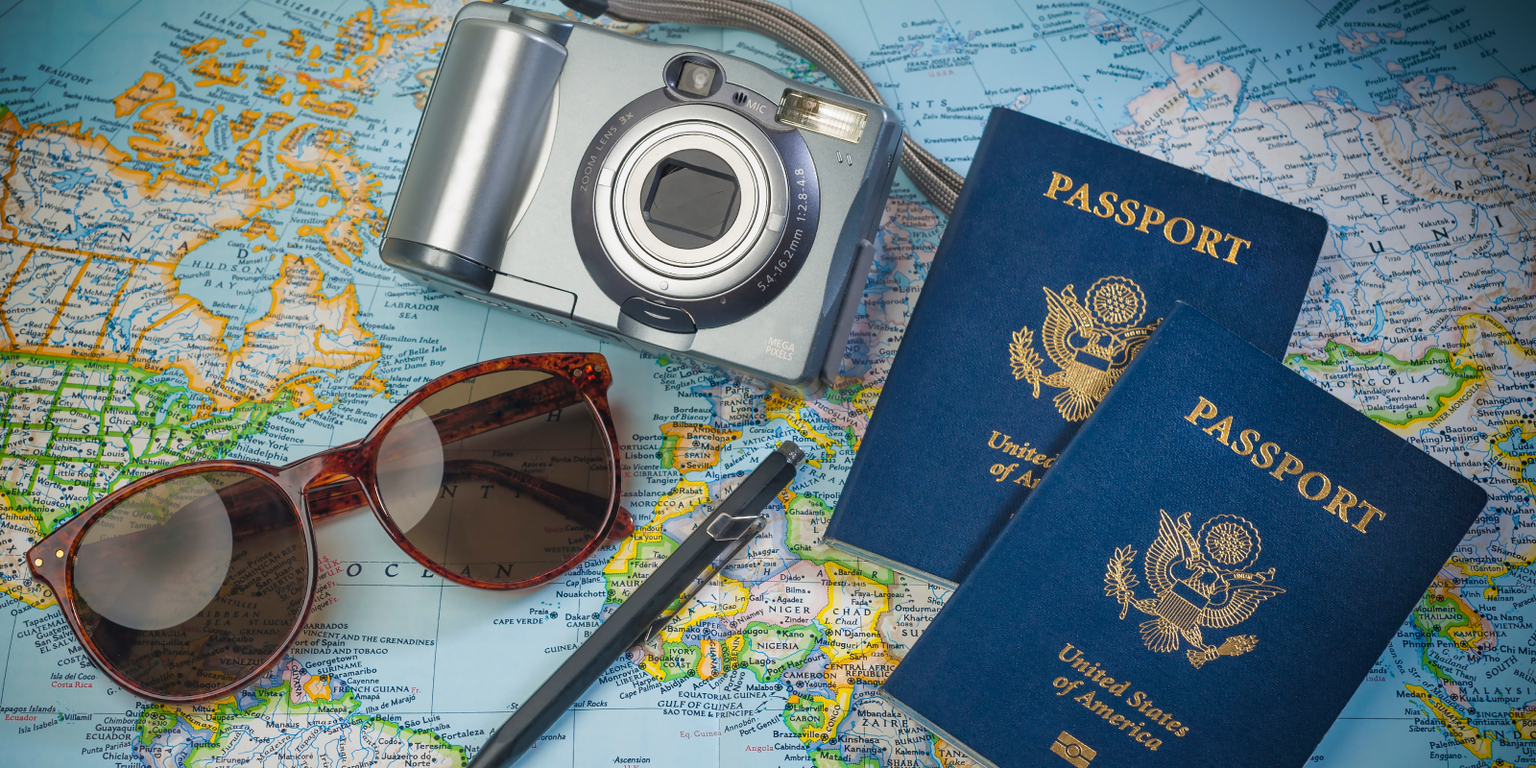How to Reduce Your Wedding Budget and Maximise your Big Day
Getting married soon? Find out how to plan a wedding on a budget, reduce your wedding costs and save...

Ben Tutty
11 October 2022

Be ready to pack your bags, because it looks like Kiwis are ready to hit the skies again! According to Intrepid Travel, 85% of us are planning to travel in 2023. We won't let anything - not even the pandemic or the cost of living - stand in our way.
But before you jet off on your international adventure, make sure you avoid having to pay extra with our list of 5 travelling money mistakes.
Exchanging currency is a must-do when travelling overseas, but you don't want to pay more than you must. Many banks and traditional money transfer services charge a margin on the exchange rate, also known as a markup.
This markup can significantly increase the cost of your transfer. Instead of using a bank or traditional money transfer service, consider using a service like Wise (previously known as TransferWise).
Low fees: Wise charges a transparent fee for its services, which can be significantly lower than the fees charged by traditional banks for international money transfers.
Better exchange rates: Wise uses the mid-market exchange rate when matching users to send money in opposite directions. This means that you can often get a more favourable exchange rate compared to traditional banks. (See table below)

Pricing as at 11 Jan 2023 from wise.com/nz/
Convenience: Wise offers a range of financial products, including borderless accounts, debit cards, and local bank details in multiple countries. This makes it easy to manage your money and make payments while travelling or living abroad.
Security: Wise is regulated by financial authorities in multiple countries and uses bank-level security measures to protect its users' personal and financial information.
Compared to traditional methods, using wise can be a more cost-effective and convenient way to transfer money internationally.
If you're planning to travel internationally, making sure your mobile phone plan will work for your destination is important. Sorting this out early can also help save you the time and stress of having to worry about it during your trip. Depending on your plan, you may be charged ridiculous fees for making calls, sending texts, or using data abroad.
Option 1: switch to a travel-friendly phone plan, such as an international roaming plan or a pay-as-you-go plan. However, these costs could add up and be more expensive than option 2.
If you want to compare roaming fees from different NZ mobile broadband providers, be sure to check out MoneyHub's latest article.
Option 2: purchase a new SIM card in your destination country, which can be a cheaper way to stay connected while travelling. Just be sure to research your options and compare prices to find the best deal, plus make sure you’re not signing up for a plan that will continue after your trip.
Travel insurance is a type of insurance that covers unexpected events and financial losses that can occur while travelling. It’s designed to protect you against various risks, including trip cancellations, medical emergencies, lost or stolen luggage and other unexpected events.
While buying travel insurance is not required, it can be a valuable investment that can save you money and protect you from unexpected events.
For example, if you need to cancel your trip due to a medical emergency or another unforeseen event, travel insurance can cover the costs of your non-refundable travel arrangements. Travel insurance can also provide medical coverage if you get sick or injured while travelling, which can be especially important if you are travelling abroad and are not covered by your home country's healthcare system. Remember ACC doesn’t exist in other countries!
MoneyHub also has a handy comparison list of travel insurance options if you’d like to learn more.
Still on the fence about getting travel insurance? Listen to the It's No Secret podcast episode below where they talk about travelling stories that may just change your mind.
When buying plane tickets, it can be tempting to use a third-party website or service to find the best deal. While these websites can be a convenient way to compare prices and book flights, they can also come with hidden fees and other drawbacks. For example, less flexibility with any changes needed.
To avoid potential issues, booking your flights or hotels directly can often be the best option. This can help ensure that your bookings are legitimate and that you don't end up incurring additional unexpected costs.
Purchasing direct can also make it easier to resolve any issues that may arise - like having to repurchase flights last minute because you can't make changes outside of their suggested timeframes.
Be sure to do your research on the airline’s policies such as flight cancellations, delays, and lost baggage, as you wouldn’t want to end up needing to incur extra costs if anything changes!
Before you travel, it's important to do your research on the country you are visiting. This includes familiarizing yourself with the local customs, laws, visa requirements, and culture and learning about any potential safety concerns. By doing your research in advance, you can avoid making cultural mistakes and help ensure that you have a safe and enjoyable trip.
It's also a good idea to research the cost of living in your destination, as this can help you budget for your trip and avoid overspending. Some things to consider include the cost of accommodation, food, transportation, and any activities or attractions you plan to visit.
Wondering how you can save towards short-term goals such as travelling? Check out our recent blog where we talk about how to prioritise your financial goals.
By avoiding the 5 money mistakes above, you can make the most of your trip while not having to worry about unexpected costs. Remember to plan, compare prices, and protect yourself with insurance and other precautions to ensure that your trip goes smoothly. Happy travels!
How to Reduce Your Wedding Budget and Maximise your Big Day
Getting married soon? Find out how to plan a wedding on a budget, reduce your wedding costs and save...

Ben Tutty
11 October 2022
Cash Fund, Term Deposit or Saving Account: Which Do I Choose?
Where is the best place to put money you’ll need in the next few months or couple of years? Let’s ta...

Tim Rodriguez
30 July 2025
How to Prioritise Your Financial Goals
Want to improve your financial situation but not sure how where to start? Check out the Kernel guide...

Ben Tutty
6 October 2022
For market updates and the latest news from Kernel, subscribe to our newsletter. Guaranteed goodness, straight to your inbox.
Indices provided by: S&P Dow Jones Indices